Scientific experts from all over the country came together at the National Conference - Nano India 2019 at Mahatma Gandhi University, Kottayam, Kerala to discuss ways of using nanotechnology for the development of products and processes for national development, especially in areas of national relevance like safe drinking water, materials development, sensors development, and drug delivery.
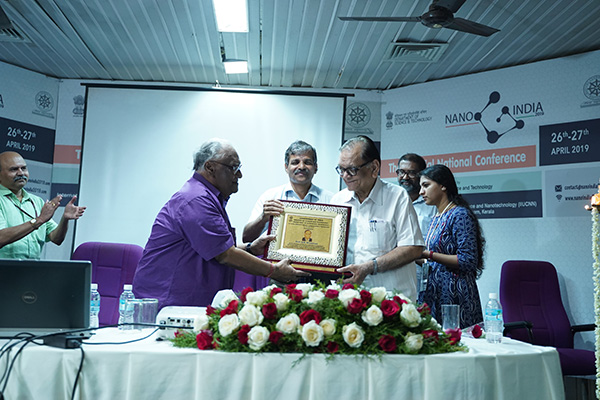
While inaugurating the Nano India 2019 organised by the Department of Science and Technology,, Bharat Ratna Professor C N R Rao emphasised that there was a need for special attention to use nano-science in the areas like energy, quantum materials and agriculture. He advised young students to work for problems and do something unique so that one day India must reach the global top position in the field.
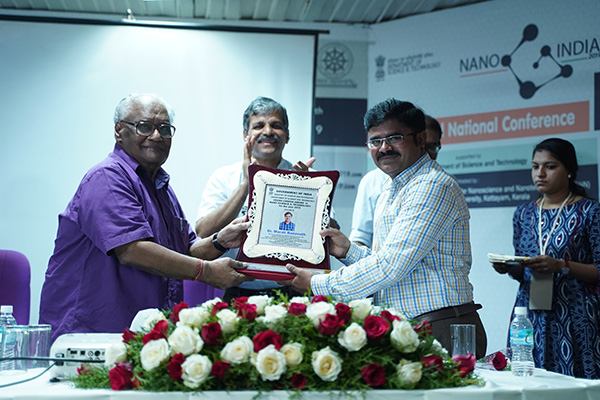
Nanotechnology is a knowledge-intensive and enabling technology which is expected to influence a wide range of products and processes with far-reaching implications for national economy and development. Experts from universities, laboratories, and industries across the country highlighted the collaborative research going on in the areas of Nanoscience & Nanotechnology to address societal challenges, at the biennial conference and deliberated ways to make the revolutionary technology more inclusive.
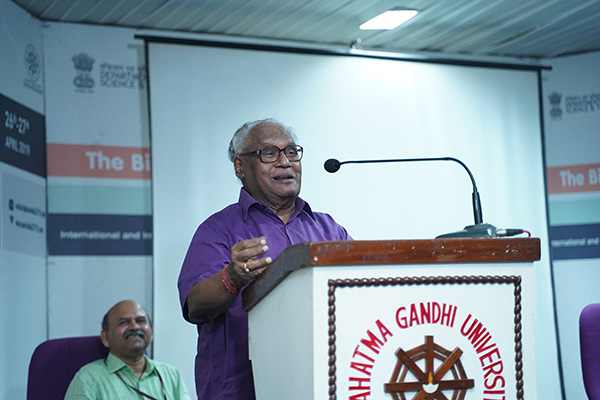
Professor Sabu Thomas, Vice Chancellor, Mahatama Gandhi University said that the Nano India is a platform to showcase the current work in this field and also promote the exchange of ideas to enhance the collaborative research in interdisciplinary areas of nano-science and nanotechnology.
During the two days event, senior and young scientists delivered lectures and presentations on diverse topics in nano materials, nano medicine, nano devices, nano particles, nano sensors and new technologies. There were poster sessions for young researchers to present their work, develop new interfaces, exchange views and widen the scope of research through networking. The theme of the poster sessions were healthcare, agriculture, nano polymer, material characterization, ecosystem, advanced devices, sensing application, carbon materials, plasmonics & energy.
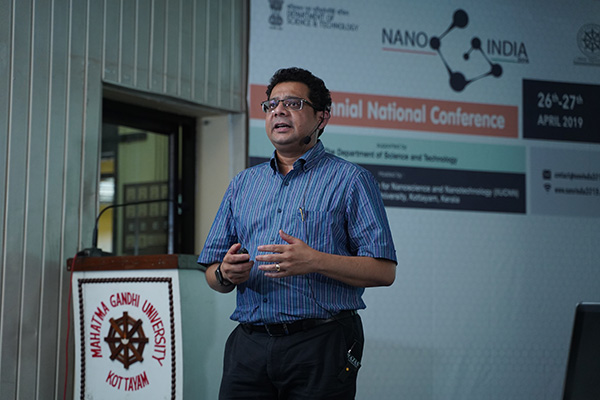
The Nanoscience and Technology Research Award and Young Research Awards were given to Professor O N Srivastava, Banaras Hindu University, Dr. Murali Banavoth, University of Hyderabad and Dr Dipankar Mandal, Institute of Nano Science and Technology, Mohali respectively.
The award winning scientists highlighted their areas of work. Professor O N Srivastava elucidated the Role of Nano Materials in Enhancing Viability of Climate Friendly Fuel: Hydrogen’. “Hydrogen is renewable and climate friendly because the production of hydrogen through dissociation of water by solar energy. Thus hydrogen could be a low cost indigenous alternative fuel,” he pointed out.
Among the various speakers Prof D D Sarma, Indian Institute of Science, Bengaluru spoke about the electronic structure of the elusive metastable state in chemically exfoliated few layer MoS2 and Dr Sandeep Verma, Secretary, SERB presented his area of work involving modified purin bases as material precursors and nitric oxide delivery to neurons.
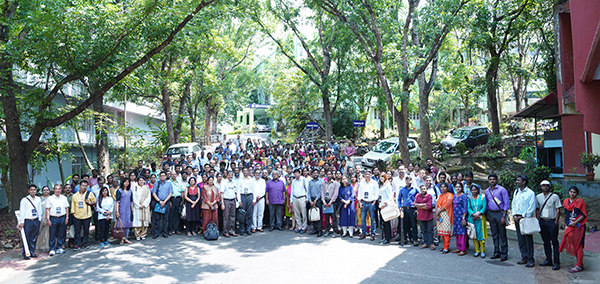
The Government of India had approved the launch of a Mission on Nano Science and Technology (Nano Mission) with an allocation of Rs. 1000 crore for 5 years in 2007. Capacity-building in this upcoming area of research is of utmost importance for the Nano Mission so that India emerges as a global knowledge-hub in this field. The conference gave glimpses of the result of the Government’s capacity building efforts nurturing excellence in nano-science in India.






























